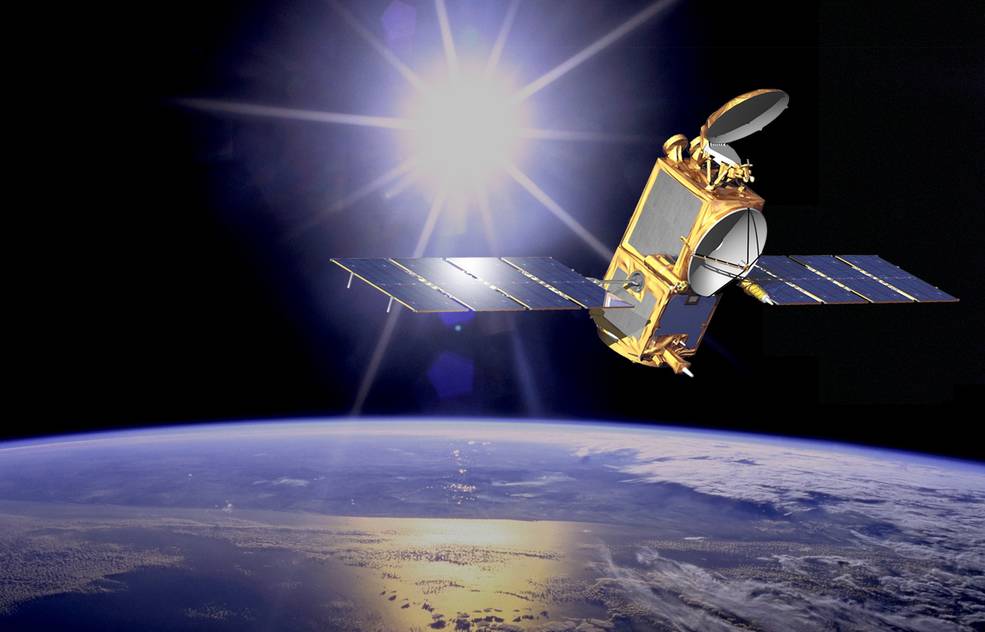Image: NASA/JPL Caltech
Blog Editor’s Note: It is interesting how this headline can be seen as pertaining to different issues by so many folks with very different interests and concerns.
Those worried about autonomy and intelligent transporation systems likely think about the FCC decsion on 5.9 GHz that underminded their efforts.
Aviation safety interests are concerned about the negative impact on radar altimeters which operate in spectrum adjacent to 5.9 GHz. This was known for years before the FCC decision. – Full disclosure, it gets personal here. As a Coast Guard helicopter pilot, radar altimeters regularly kept me alive while hovering over the water at night far off shore.
GPS users across the nation are likely to look at this and think about the FCC’s Ligado Networks decision impacting the 1.5 GHz band. According to the entire exective branch of government, it is going to cause interference with GPS reception for A LOT of Americans.
But the catylizing issue here is weather forecasting and the 24 GHz band.
This was the focus of a report by the Government Accountability Office (GAO), and a recent hearing held by the House Science Committee.
But the weather forecasting inssue as examined in the GAO report and congressional hearing is really just a case study on our antiquated system govering spectrum use. Communications-related economics drive the process. The FCC adjudicates things that are on the record rather than doing its own or reaching out to others for technical research. Input from a company with a financial interest is considered on a par with that representing the entire executive branch. The good of the nation is defined solely by the amount of new economic activity that might be generated, nevermind the amount of damage and loss to existing users.
It is way past time for a change.
One that would replace the Federal COMMUNICATIONS Commission, with the Federal SPECTRUM Commission, complete with an new set of rules, processes and priorities.
Report calls on government agencies to better coordinate spectrum
WASHINGTON — An interagency dispute about the use of a spectrum band for weather forecasting versus terrestrial wireless services illustrates the need for the federal government to reform its spectrum management processes, a report concluded.
The Government Accountability Office issued a report July 19 that concluded that various federal agencies need to strength ways of collaborating with one another to avoid repeating a dispute that spilled into public view in 2019 about allowing 5G services at 24 gigahertz despite concerns it could interfere with water vapor observations critical for weather forecasting on an adjacent band.
Both NASA and the National Oceanic and Atmospheric Administration objected to the FCC’s plans for making that band available for 5G, saying the FCC’s interference limits were not sufficient. The FCC auctioned portions of the 24 gigahertz band, but the World Radiocommunication Conference later that year adopted more stringent interference standards that the FCC is still evaluating.
The GAO recommended improved coordination among those agencies and others, such as the National Telecommunications and Information Administration. It also recommended NOAA and NASA develop procedures for providing technical input for spectrum rulemaking, noting that the agencies took years to weigh in on the potential interference issues at 24 gigahertz. NASA has already taken steps to provide more timely responses.



